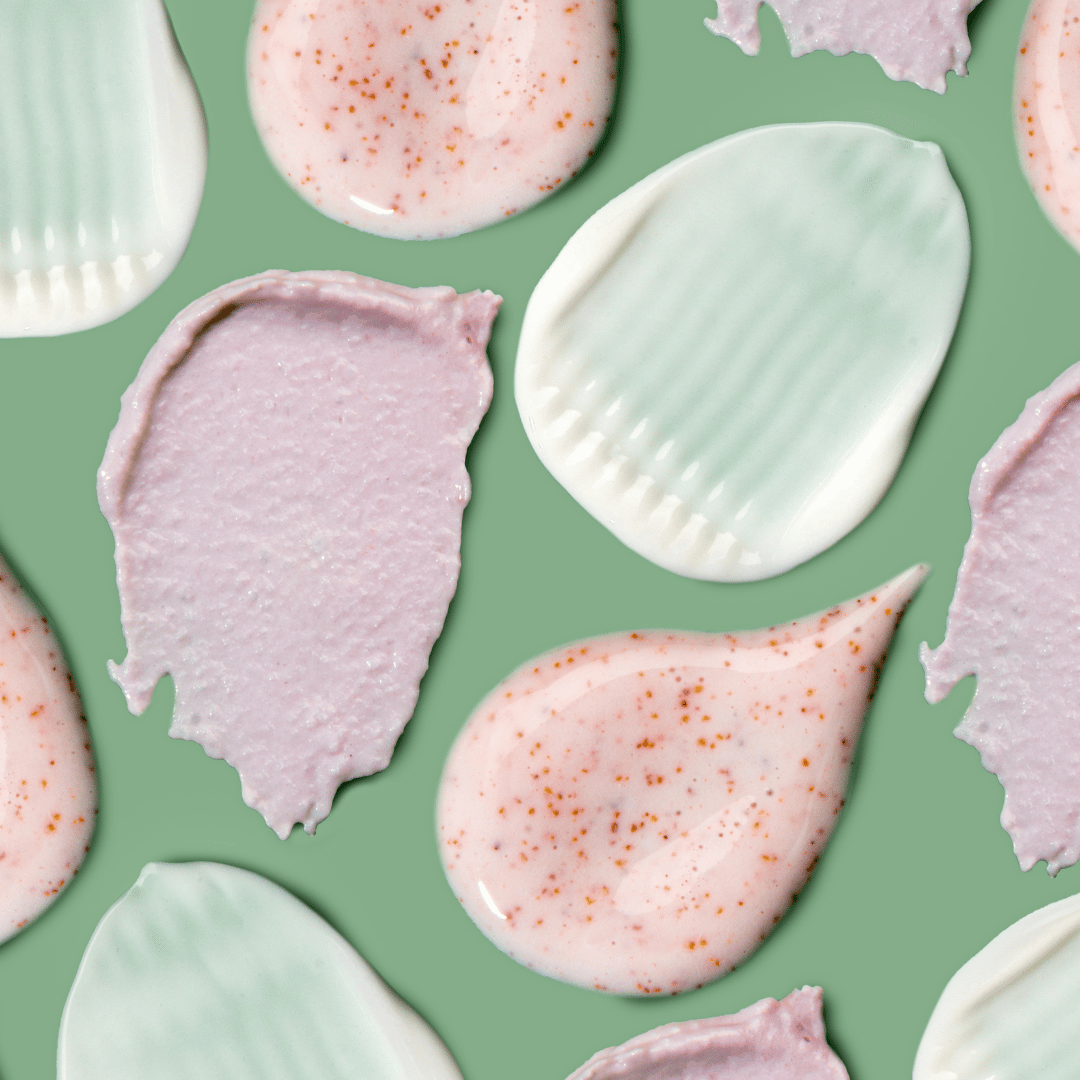Sodium PCA
Sodium PCA
Sodium PCA: the ingredient you’ve probably never heard of but will want to add to your skincare routine ASAP. Think of Sodium PCA as a humectant a la squalene, glycerin, and hyaluronic acid (that’s right). Known for its powerful hydrating and anti-inflammatory properties, this unknown ingredient is basically a skincare saviour. So if you’ve been sleeping on Sodium PCA until now, it’s time to wake up. Check out all there is to know about Sodium PCA below.
What is Sodium PCA?
Sodium PCA (the latter of which stands for pyrrolidone carboxylic acid) is the salt form of PCA, which is sometimes called proline or pyroglutamic acid. If you’re not familiar with any of these names, then just think of it as an amino acid. Found naturally in the skin, sodium PCA makes up 12 percent of the skin’s natural moisturizing factor (NMF for short). The NMF is what’s responsible for keeping your skin soft, supple, and intact. Though sodium PCA can be created synthetically, it can also be produced naturally by way of soybean, coconut oil, fruit, and certain grasses. At Dope Skin Co. we always choose natural over synthetic, which is why our sodium PCA is extracted from plants.
What are the Benefits of Sodium PCA?
How to Use Sodium PCA
Sodium PCA is a gentle and versatile ingredient. It can be used on all skin types and in a wide variety of products. From moisturizers and sprays to cleansers and toners, there’s no wrong way to use sodium PCA. Pro tip: Apply the product onto a slightly wet face, as it gives the ingredient something to grab onto, resulting in an even greater boost of hydration. One final word on sodium PCA - sometimes the ingredient goes by other names on product labels, so keep your eyes peeled for sodium pidolate, 5-Oxo-DL-proline, sodium pyroglutamate, or monosodium salt (we know, we know, it’s confusing).




